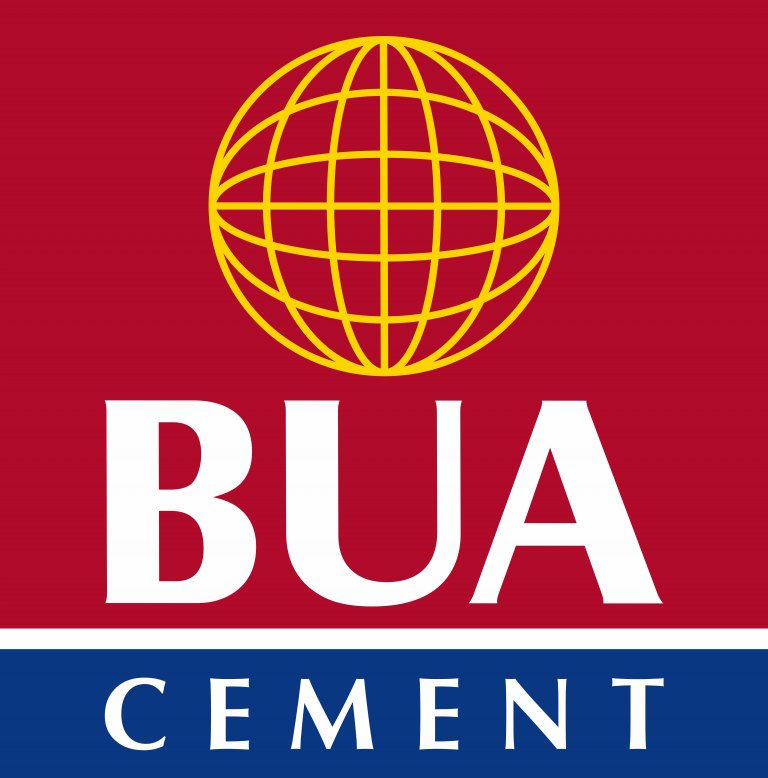The board of BUA Cement Plc presented its unaudited financials for the half-year ended on Monday to the Nigerian Stock Exchange (NSE) indicating a double-digit growth in sales revenue, which was outpaced by cost of sales within the period, following which gross profit could only grow marginally. The result was however boosted by the N1.199bn impairment write back, which was also helped by the drop in net finance costs and income tax charge. Net profit for the half-year period, therefore, grew by N4.205bn or 13.74%.
Specifically, revenue for the period climbed by N11.402bn to N101.261bn, from the previous half-year’s N89.858bn; of which cost of sales inched by N8.949bn or 19.64% from N45.568bn to N54.518bn, with energy cost remaining the biggest component at N22.74bn, as against the previous N19.276bn. This resulted in gross profit of N46.743bn, as against the previous N44.29bn.
Other income rose by N480.74m or 13.61% from N3.532bn to N4.013bn, driven primarily by the N3.966bn haulage income on goods delivery which rose from N3.448bn. Selling and distribution costs grew from N5.812bn to N6.394bn, with distribution costs gulping N5.614bn compared to the N5.269bn of the preceding half year. Administrative expenses stood at N4.752bn, up from N3.787bn; while operating profit improved to N40.808bn on the back of the write back from N38.131bn.
Net finance costs dropped from N2.473bn to N1.644bn, the lion’s share of which remains the N1.751bn interest on loans, which dropped from N2.517bn; leaving profit before tax at N39.164bn, compared to N35.658bn. Income tax charge dropped from N5.044bn to N4.345bn resulting in net profit of N34.819bn from N30.613bn; translating to earnings per share of N1.03, up from 90 kobo in first half of 2019.
Commenting on the results, Yusuf Binji, the company’s managing director described the performance as impressive in the face of the challenging operating environment occasioned by the covid-19 pandemic, besides being a pointer to the value and strength of the brand and its product offerings.
The result, he continued, is an approval rating for the excellent implementation of the company’s Business Continuity Plan that enabled BUA Cement to withstand the impact of the pandemic in the period under review.
According to Binji, in a bid to further drive cost efficiencies and sustainability, the company “entered into strategic alliances for the supply of Liquefied Natural Gas (LNG) at the Kalambaina, Sokoto State and the management of our mining operations. Given these deliberate and strategic choices amongst other cost management efforts, we continue to combine development and innovation into our offerings and activities.”
He expressed optimism about the company’s future, despite the impact of the pandemic on the business, “because it affords us not only the opportunity to further evolve our business model but also provides an opportunity for accelerated development. We will continue to push to new markets aided by a focused distribution strategy.”
The company listed operational highlights during the period to include a 7.9% growth in dispatched cement volume from 2,282 kt in H1’2019 to 2,463 kt, as at H1’2020, which it said was underpinned by growing market acceptance, as well as “our COVID business continuity plan and particularly, a business environment not inundated by the Coronavirus pandemic.
During the period, the company said it entered into strategic alliances for the supply of Liquefied Natural Gas (LNG) for the Kalambaina operations and management of our mining operations to boost energy efficiency and reduce energy costs.
This is in addition to the continued push to ‘new markets’ aided by a focused distribution strategy.








